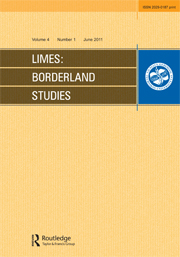The Myth of the Wicked City in the Cultural Criticism of O. Spengler
The Myth of the Wicked City in the Cultural Criticism of O. Spengler
Author(s): Gábor KovácsSubject(s): Cultural history
Published by: Vilnius Gediminas Technical University
Keywords: caesarism; civilization; conservative revolution; culture; decline; democracy; morphology of world history; progress
Summary/Abstract: O. Spengler was one of the leading protagonists of cultural criticism in the 20th century. His oeuvre had been rooted in the German intellectual climate of the pre-war period and war years. The German tradition based on an ambivalent relation to modernity, after the German defeat suffered at the end of the First World War, emerged as the movement of ‘conservative revolution’. This new kind of conservatism, on the one hand, enthusiastically greeted technological advancement, while, on the other hand, rejected social and political modernization. The opposition of the city and the country-side was a central theme of this way of thought. Spengler in his ‘morphology of world history’ gave an outstanding place to this opposition. Our paper offers a reconstruction, in this respect, of the theory of Spengler.
Journal: LIMES: Cultural Regionalistics
- Issue Year: 2011
- Issue No: 1
- Page Range: 64-74
- Page Count: 11
- Language: English

